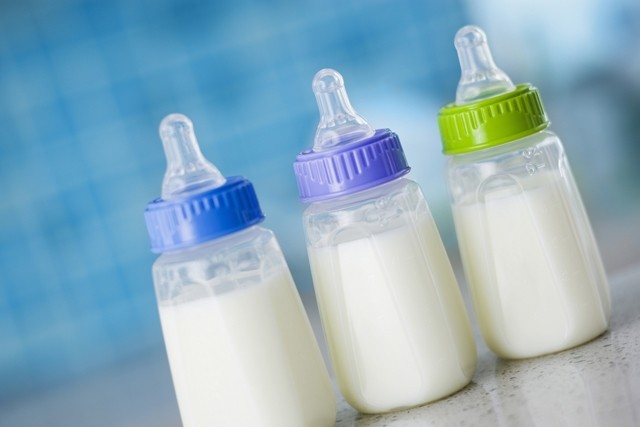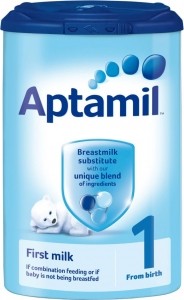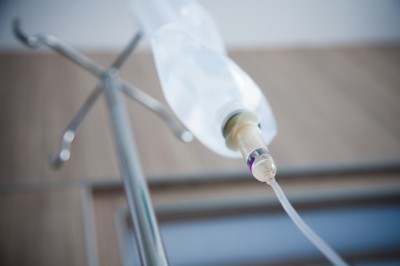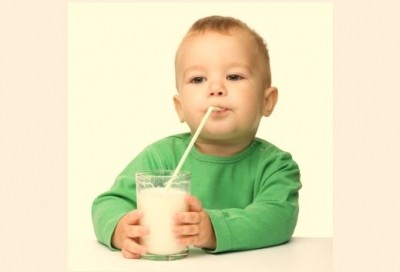Danone, BSNA, FSA attempt to dispel infant formula aluminium contamination concerns

The study, which was published earlier this week in the journal BMC Pediatrics, called for regulatory action to prevent the contamination of infant formula with aluminium, after tests discovered “high” levels of the metal in Aptamil, SMA, Cow & Gate, and Hipp Organic brand products available in the UK.
Researchers from Keele University in Staffordshire measured for aluminium in the country’s 10 most popular ready-to-drink (RTD) and 20 most popular powdered infant formula products. Levels of aluminium in the tested RTD products ranged between 155 micrograms per litre (μg/L), found in Nestlé-manufactured SMA Toddler, and 422 μg/L, which was detected in Danone’s Aptamil Toddler Growing-Up. In powdered products, levels ranged between 0.69 micrograms per gram (μg/g) and 5.27 μg/g.
According to the study, the concentration of aluminium in each of the 20 powdered infant formulas was “at least twice that which is recommended in the European Union for drinking water (50 μg/L) and in 14 of the milks it exceeds the maximum admissible level for drinking water of 200 μg/L.”
“We consider that the aluminium content of all infant formulas investigated herein is too high and especially so considering that these products constitute either all of a substantial proportion of an infant’s diet in the first months of their lives,” said the study.
Findings “did not indicate toxicological concerns”
In a statement sent to DairyReporter.com, the FSA appeared unconcerned by the findings of the Keele University study.
“Independent experts from the Committee on Toxicity recently reviewed aluminium in the infant diet, including the levels of aluminium present in infant formula and taking into account the water used in reconstitution,” said the statement.
“They concluded that the estimated exposures of infant to aluminium from the dietary sources did not indicate toxicological concerns or a need for a change in Government advice," it added.

Meanwhile, the BSNA, which counts Danone, Nestlé, and Nutricia amongst its members, moved to “reassure all parents that our members’ infant formulae are safe and that all its member’s products undergo rigorous testing and assessment to ensure their safety.”
Safety #1 priority
“The safety and quality of our members’ products is our number one priority,” BSNA director general, Roger Clarke, told DairyReporter.com.
“While aluminium occurs naturally in the environment and is present in many fruits, vegetables, packaged foods, beverages and water, we still take every precaution to ensure the levels of aluminium in our products are all within the European Food Safety Authority guidelines when fed according to instruction (1mg/kg of body weight per week)," said Clarke.
A spokesperson for Danone UK, which manufactures Aptamil brand infant formula, told DairyReporter.com that based on the Keele University findings, aluminium levels within its tested infant formula products do not exceed this EFSA recommendation.
Manufacturers "not yet addressed the problem"
Keele University first examined the aluminium content of infant formula in 2010, when researchers tested 15 “well known infant formula products.” Based on these findings, the researchers concluded that “the aluminium content of infant formulas were too high, for example as compared to aluminium exposure through breast milk.”
“We demonstrated previously that there was still too much aluminium in infant formulas," the more study concluded. "We elucidated the reasons why infant exposure is an unnecessary potential health risk to children and may actually contribute towards ill health as adults.”
“Herein we have re-visited this issue and we have found that many if not all infant formulas which are available in the UK are significantly contaminated with aluminium. All of these products are contained within aluminium-based packaging and this, alone, suggest that manufacturers’ have not yet addressed the problem of contamination of infant formulas by aluminium," it added.








